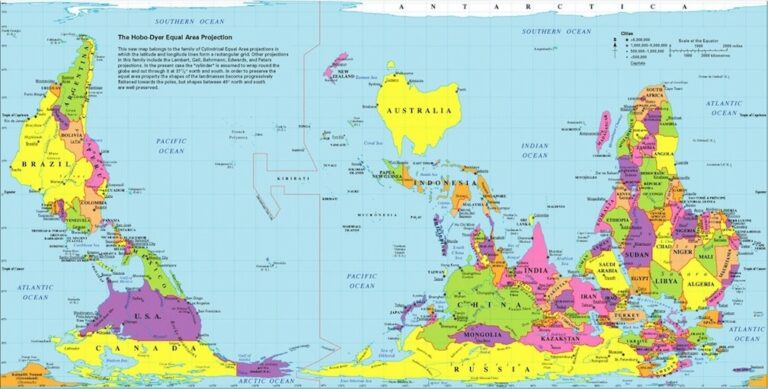Lesson overview
Outcomes
Students understand that a person’s perception or judgement of something or someone is greatly influenced by one’s frame of reference including one’s values, beliefs, experience and country.
Introduction
These activities follow logically from those aimed at helping people perceive phenomemena differently in Perceptions-difference and Perceptions-accuracy.
Through these activities, students should be able to identify some of the “ingredients” of their own frame of reference and begin to realise that other people have frames of reference that are different from their own.
Activities
1. Agree or disagree?
Present the class with statements expressing opinions such as those given below. Ask students whether they agree or disagree with the statement.
- (Name of own school) is the best school in town.
- The Sydney Swans is the best football team.
- Australia is the best country to live in.
Using the student responses to these statements, help them to see that their answers are expressions of their own frame of reference and that other people might answer these questions quite differently because their frame of reference might be different. - Australia is the best country to live in. (Probably a majority will agree.)
- Why do you believe this?
- How did you come to hold this opinion, (e.g.influence of parents, media, school, politicians, the only place you’ve lived)?
- How do think a Japanese student (or some other national) would react to this statement?
- What country do you think a Japanese student would think is the best?
- Why do you think a Japanese student might believe this?
- Is either the Australian or Japanese student correct in her/his opinion?
2. Perceptions of human behavour
Present students with examples of human behaviour to help them understand that their perception of these phenomena is heavily influenced by their upbringing, experiences, values and beliefs.
- Two people meet and you observe the first person bows to the other.
What does this signify to you? Help students to see that in some cultures this signifies subservience while in others it is a substitute for a handshake. You might ask them under what circumstances would they bow or shake hands? - A teacher reaches out to touch the shoulder of a student, but the student pulls away.
Why might the student do this? Why might another student not do this? Help students to see that our actions are functions of previous experiences, with that teacher, with other teachers, with people having power, with parents etc
Ask them to offer examples based on their own life experiences in which their actions in one context (or with one person) were influenced by previous experiences in a similar context (or with another person).
Additional strategies
Ask students to identify a group (racial, ethnic, sex, disabled, age) about which they hold some opinions. The following questions might then be asked and discussed.
- What opinions do you hold?
- How did you come to hold these opinions (e.g. influence of media, school, friends)?
- Do you think that a member of that group would have the same opinions as you?
- In what ways might their opinions be different or the same?
- What might account for these differences?

